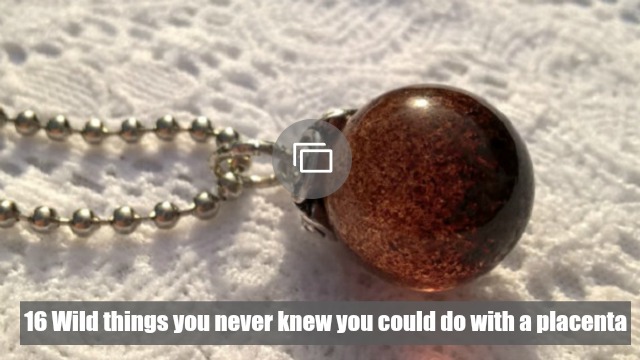Alex Green is the single dad of 8-month-old Brody and the grieving partner of Brody's mother, Catherine Twete. Twete unexpectedly passed away when Brody was just 4 months old, leaving Green with the unfathomable task of mourning someone he cared deeply about while raising his infant son without a co-parent.
He's done pretty well so far. But there's one thing he told a group on Facebook he can't do: breastfeed. Twete had hoped to breastfeed Brody until he at least turned 1 year old, something that Green hoped to honor with his request for donations. He'd been scraping up a supply for four months, but as it became increasingly difficult to find breastmilk, he turned to Facebook for help by posting on a local mom's group, says local news outlet KATU:
"I am a newly singly father to Brody, my 8 month old son. His mother died in a car crash 4 months ago. His mother wanted to breast feed him until he was a year old. So for the past 4 months I have been continuously seeking out breastmilk donations. And that is what I'm doing now."
More: Scary car seat news affects nearly every baby in the country
The donations and support started coming in immediately, and within days, Green had enough donor milk to keep Brody fed on the stuff through his first birthday, just as Twete wanted.
Few people can imagine losing their spouse or partner in this way, particularly with such a young child in the picture. Suddenly the challenge of raising a newborn is compounded by sharp grief. It is truly touching that through that pain, Green had a goal: to honor one of the few decisions Twete had a chance to make when she was still alive. But as this story spreads, Green wants to put the focus back on the women who made this possible, saying: "I’m no hero in this situation. I think people donating their time and breast milk are the ones who should be acknowledged. I’m just an average, ordinary guy trying to take care of his son.”
More: Mom under investigation for throwing 'chicken pox parties'
That's a topic that doesn't often get a lot of attention when we talk about how women feed their babies: There's lots of thorny contention surrounding the issue, but very little time spent talking about the women who make it possible for other parents to breastfeed by generously donating their own oversupply of milk.
Moms have been milk-sharing for a long, long time, and in recent years, as the technology to screen, pasteurize and store donor milk becomes more accessible and advanced, it's possible for women to help caregivers and infants alike simply by donating what they would have otherwise disposed of. They do it for all kinds of reasons: simply because they have an overabundance or, in some cases, because they are working to tease out what good they can from tragic situations.
More: Grieving mom gives gift of breast milk after stillbirth
Yet it's still not quite mainstream — we're encouraged to donate everything from baby clothes to cloth diapers and once-loved toys, but learning that avenues exist to give someone the gift of milk are often only discovered accidentally or offhand.
If you're one of the lucky ladies with a built-in milk factory that can do this for other caregivers and babies and you're comfortable with the idea, you might consider looking into becoming a donor yourself.
First, find a reputable milk bank. The Human Milk Banking Association of North America holds itself to rigorous standards, and though some of its 21 centers — with seven more to come soon — are freestanding, most are housed in hospitals, making it easy to process the milk and sterilize the equipment used in that endeavor. It's a good idea to find an HMBANA member bank if you're hoping to donate.
Next, determine whether you meet the donor requirements. According to HMBANA, those include women who are:
- In good health
- Not regularly on most medications or herbal supplements (with the exception of prenatal vitamins, human insulin, thyroid replacement hormones, nasal sprays, asthma inhalers, topical treatments, eyedrops, progestin-only or low-dose estrogen birth control products; for other exceptions, please contact a milk bank for more information)
- Willing to undergo blood testing (at the milk bank’s expense)
- Willing to donate at least 100 ounces of milk (some banks have a higher minimum)
There's more to it than that, but if you are tobacco- and drug-free and do not carry other risks, like the ones associated with HIV or AIDS or a recent organ transplant, it's a place to start.
From there you'll want to contact the nearest bank, and if you don't have one nearby, HMBANA can help arrange transportation for your milk at no cost.
If you can and you're comfortable with the idea, then this is an excellent way to help the community, but it's not the only way. You can always make a monetary donation or simply advocate when and where you can for more donor milk.
More: Dad in hot water for taking a bath with his daughter (PHOTO)
Many women consider breast milk to be the first gift they give their child. How wonderful when that gift can be shared with babies like Brody Green too. This exceptional outpouring of support is more than just a gift for Brody, though. It's a wonderful tribute to his mother and a gift for his grieving father, who was adamant that Twete's wishes be fulfilled, even after death. He only needed a way to do it.
Thanks to the generosity of strangers, now he has it.
